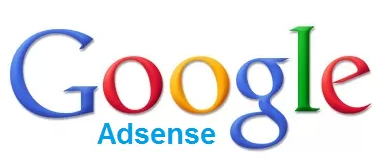Eight major online advertising firms, including Google, Microsoft and Yahoo, have agreed to withdraw ads from sites that are involved in copyright piracy.
The agreement, which also includes 24/7 Media, Adtegriry, AOL, Conde Nast and SpotXchange, was coordinated by the US government. It relates to ad networks that supply ads to websites (usually based on the content of the site) and pay the site a fee, usually based on how many site visitors click or view an ad.
Under the program, rights holders can contact the advertising networks to report a violation in the same way as they can already contact search engines. The ad networks will then review the claims and, if they agree the site violates copyright, will stop dealing with the site. The site owners will have the opportunity to make a case in their defense.
According to Victoria Espinel, the US Intellectual Property Enforcement Coordinator, such a voluntary scheme can be effective: “We believe that this is a positive step and that such efforts can have a significant impact on reducing online piracy and counterfeiting.”
There are a couple of significant limitations however. The first is that the agreement says ad networks will block sites “that are principally dedicated to selling counterfeit goods or engaging in copyright piracy and have no substantial non-infringing uses.” Although that’s clearly been carefully worded, it’s still likely there’ll be some argument from torrent hosting or torrent indexing sites that argue they don’t host any illegal material themselves.
The other problem is that most of the larger piracy-enabling sites use specialist ad networks that don’t ask too many questions about exactly how their clients attract traffic. The BBC notes that a survey in May found a top 10 ad networks used on sites with a high level of copyright infringement complaints; none of these 10 firms are involved in the agreement.

